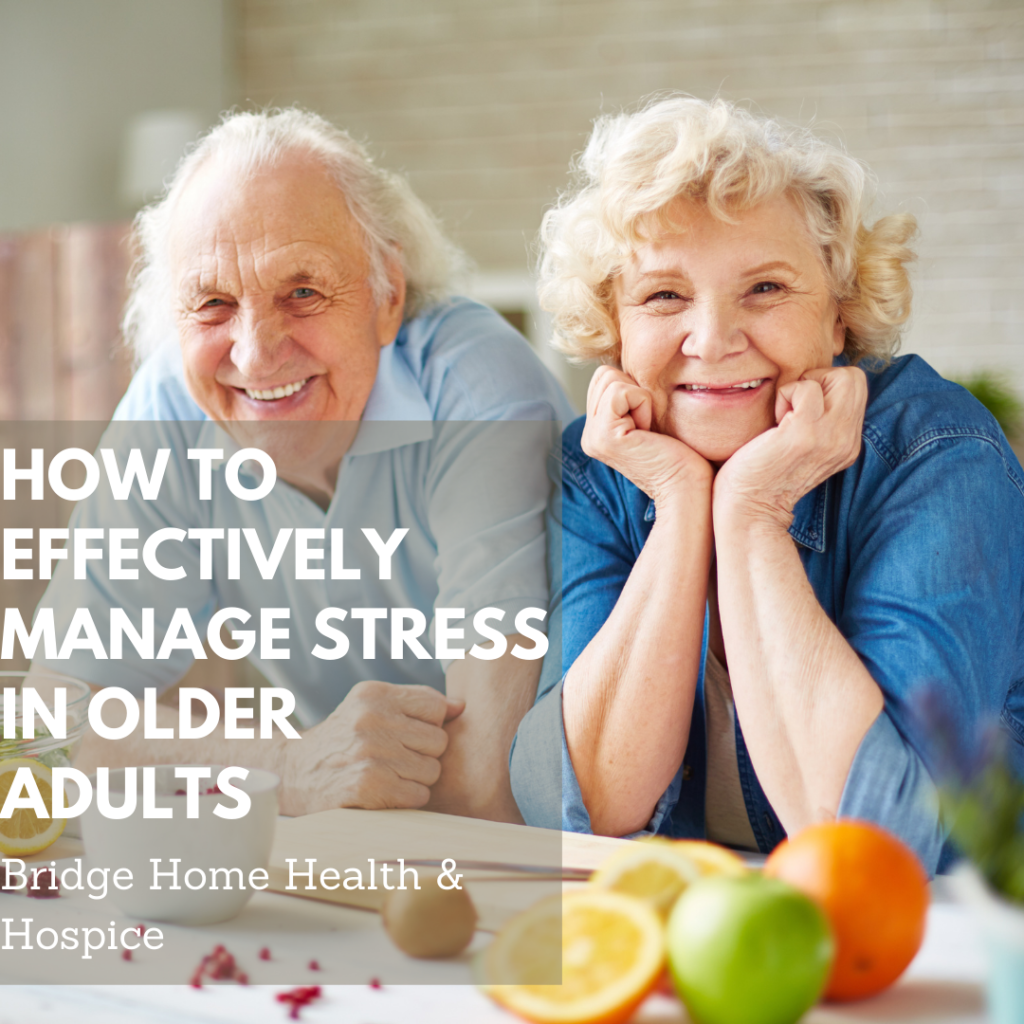Stress is all-encompassing; it affects us all! Watching the minute hand while you’re stuck in traffic, finishing your assignments before the deadline, or trying to get one question right—no matter who you are and no matter how you live, everybody experiences stress.
Our bodies are designed to react to stress accordingly. These physical and mental responses help your body adjust to new situations; you may be kept alert, motivated, and ready to face danger. This is why you feel like you could run ten miles when you’re late for work or move incredibly quickly when you’re rushing to meet a deadline.
What Stress Does to the Body
When you feel like you’re being threatened, or you’re in a situation that causes frustration, anger, or nervousness, your brain sends stress hormones that trigger your “fight-or-flight” response—your body’s reaction to defend itself. These stress hormones trigger changes in your body, causing your blood pressure to rise, muscles to tighten, heart rate to increase.
Stress in Older People
Some stress is good when you’re younger, but to the elderly, stress can be enough to affect their body and mind seriously. When you’re young, you can handle stress easily, but older people no longer have the same resilience to stress that you possess. Now that they’re older and have numerous health conditions, they become much more vulnerable to stress and may need a bit of help from you or a home health professional!
People with aging bodies have a different natural stress response. When they feel stressed, they may experience short-term memory loss, have trouble sleeping, and experience difficulty in clearing the stress hormones from their brain.
Change in Triggers
Stressors change as you age as well. As a younger person, you may be triggered by heavy traffic, piling work, or nearing deadlines, but it’s different for the elderly.
The following stressors trigger most older adults:
- Loneliness and isolation (loss of a loved one, losing friends)
- Lack of purpose (retiring, losing the feeling of being needed)
- Loss of independence (inability to live alone, inability to drive)
Signs of Elderly Stress
You must be able to recognize when your older loved one is feeling stressed. It may not be obvious at first, but it could negatively affect their well-being if you let it go on for too long.
Watch out for these signs of stress in older adults:
- Sleeplessness
- Irritability
- Withdrawal
- Physical discomfort
- Negative feelings and attitude
- Frequent crying
- Constipation
- Shortness of breath
Once you observe your older loved one having any of these symptoms, you must act before it could have a detrimental and irreversible effect on their health.
What You Can Do
Your older loved one is different from who they used to be; they are no longer able to handle stress independently. It is now your responsibility to help them manage their stress so they can live comfortably for the years to come.
Here are a few ways you can help manage their stress:
Dealing With the Source
The best thing to do when managing stress for the elderly is to avoid it altogether. Recognize what can stress them out and come up with solutions to counteract these stressors. If they feel stressed because they feel lonely, you can encourage them to join in events for older adults or invite them to a senior care facility to meet and mingle with people their age.
Stress Relief Solutions
You can’t always nip it in the bud—you can’t always avoid the triggers, as one way or another, they will feel stressed. When this happens, you have to lower their stress levels by incorporating stress-relieving activities like exercising, meditation, going outdoors, or attending classes.
Conclusion
With age comes vulnerability, and when you’re vulnerable, you become more prone to health problems. Help your older loved ones combat the stress in their lives through our guide above. If you think you need a little help managing their stress, you can ask for the assistance of a home health professional who is used to helping the elderly manage their stress.
Let Bridge Home Health & Hospice help your older loved one live a healthier and happier life! Our team of skilled home health professionals cares for the patient as if they were part of our family—giving total respect for all physical, psychosocial, and spiritual needs. Reach out to us to learn more about what we can offer!

